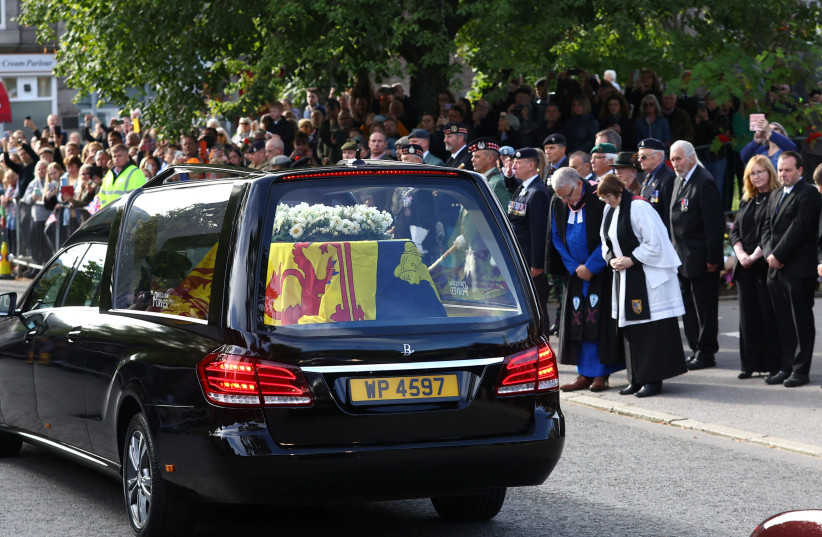The death of the incredible Queen Elizabeth and the ascension of King Charles III is a prism through which Americans can reflect on their history. For Americans who went through elementary school, the death of Queen Elizabeth is a reminder, if nothing else, of our historic ties to the United Kingdom. Massachusetts, Pennsylvania, Virginia, South Carolina and the rest of the 13 colonies were of course British colonies, and our War of Independence was a war against the British.
American children in many grades right up to high school learn and relearn the history of religious persecution in the Old World, Plymouth Rock and Jamestown, the slave trade, the Boston Tea Party and the Revolutionary War. The CRT war is right in front of them.
To students learning for the first time about the founding era, it must be confusing to hear their parents and social media talking about King Charles III replacing Queen Elizabeth II. Young Americans must be puzzled about how a modern democracy still has a monarch. In elementary school and certainly middle school and high school, American children learn about monster dictators like Hitler, Stalin and Mao. But the UK, they learn, is different.
For Americans, we have very basic elements of our lives that come from Great Britain. The most basic one, something most of us take for granted, is our language: English. Great Britain was not the only country from the Old World that sent ships across the Atlantic Ocean to discover the New World – nor were they the only country that claimed land and settled here. The French, the Spanish, the Dutch and the Portuguese were equally ambitious. But the British beat down the other Europeans.
We rejected the idea of a monarchy, aristocratic or democratic, and crafted a new system of government. Yet we took their language. We also took many moral, political and theological ideas and themes from the British, including the concept of natural rights from John Locke, the concept of a representative government, and significant attention to one version of Christianity, namely Protestantism. The British did not own natural rights, representative government or Protestantism, as other European countries, notably France, also supported or developed these concepts and traditions. Still, we were heavily influenced by the British.

Our relationship with the United Kingdom from the start therefore was complicated. Some of the colonists benefited from living here, either because they could practice Protestantism without fear of persecution or because they were part of the British elite that could establish themselves here in America with economic and some political power. Other colonists may have benefited from religious toleration but suffered in poverty. The black slaves, forcibly taken from Africa, were all treated in inhumane and disgraceful ways, forced to serve the white man.
Throughout the world, the death of a British monarch and ascension of a new monarch brings forth a range of thoughts and emotions. It is hard for many Americans today to appreciate that at the end of the 19th century and well into the 20th century “the sun never set on the British empire.”
The relatively small island off of the coast of the European continent was during the end of the 19th century and into the 20th century the most powerful country in the world, having control of countries ranging from Canada to India, as well as the colony of Hong Kong. Throughout the world are people who both admire and despise the British.
The American historical experience is a microcosm for Britain’s role in the world. Our history reflects a combination of hatred, oppression and a war for freedom with admiration, emulation and cooperation. For some countries there is more of the former than the latter; for other countries there is more of the latter than the former.
From the British we got a country – one for which we fought and died. We got religious liberty and we got Shakespeare, Wordsworth, Dickens and the English language. We got allies in World War I and World War II and collaborated twice to save democracy and save the world.
As the British people and millions throughout the world grieve the loss of Queen Elizabeth, Americans can take the opportunity to reflect on their historic relationship with the British nation. We can further understand the complex sentiments people in other countries have about freedom, democracy, domination and racism using Britain as a point of reference.
The writer (dmamaryland@gmail.com) is editor of the interdisciplinary volume Leveraging: A Political, Economic and Societal Framework (Springer, 2014) and has taught at five colleges and universities.
